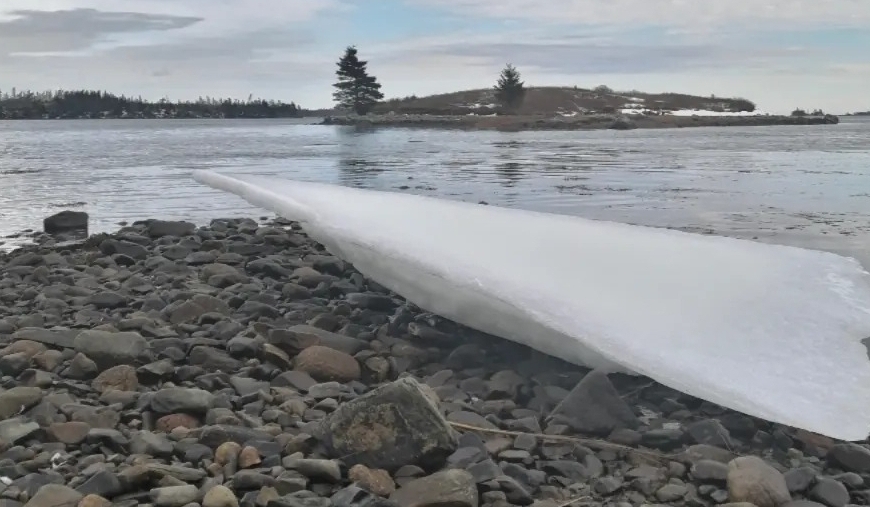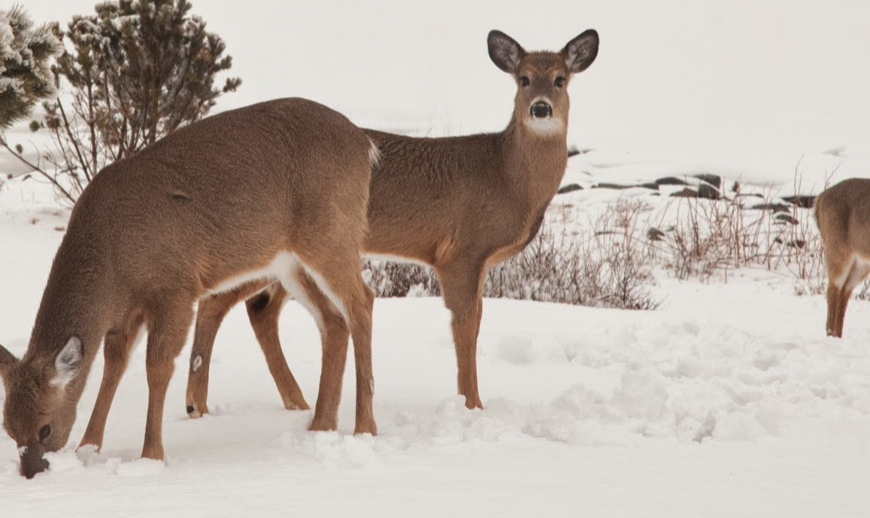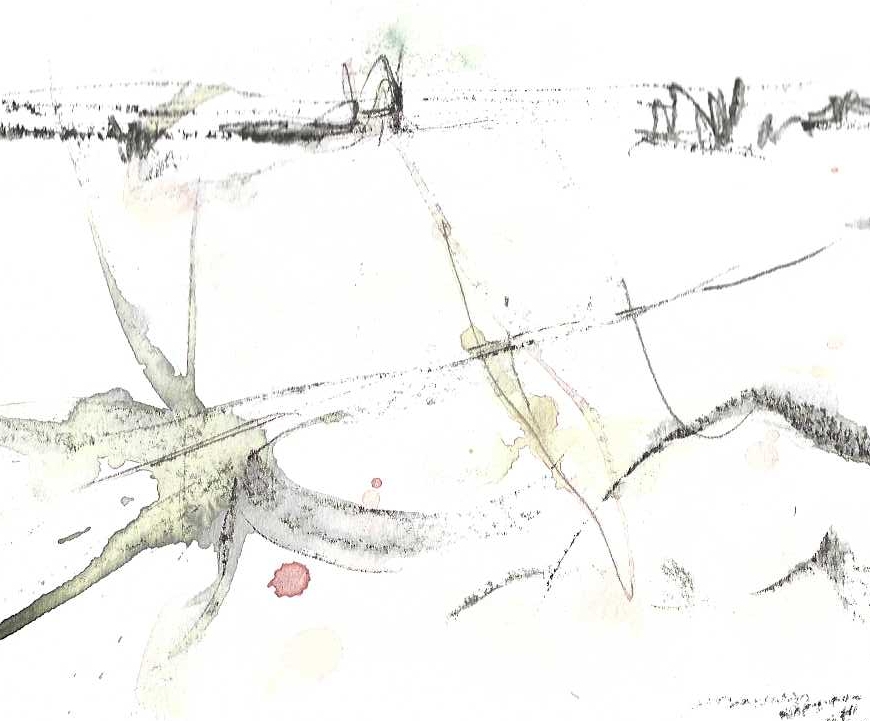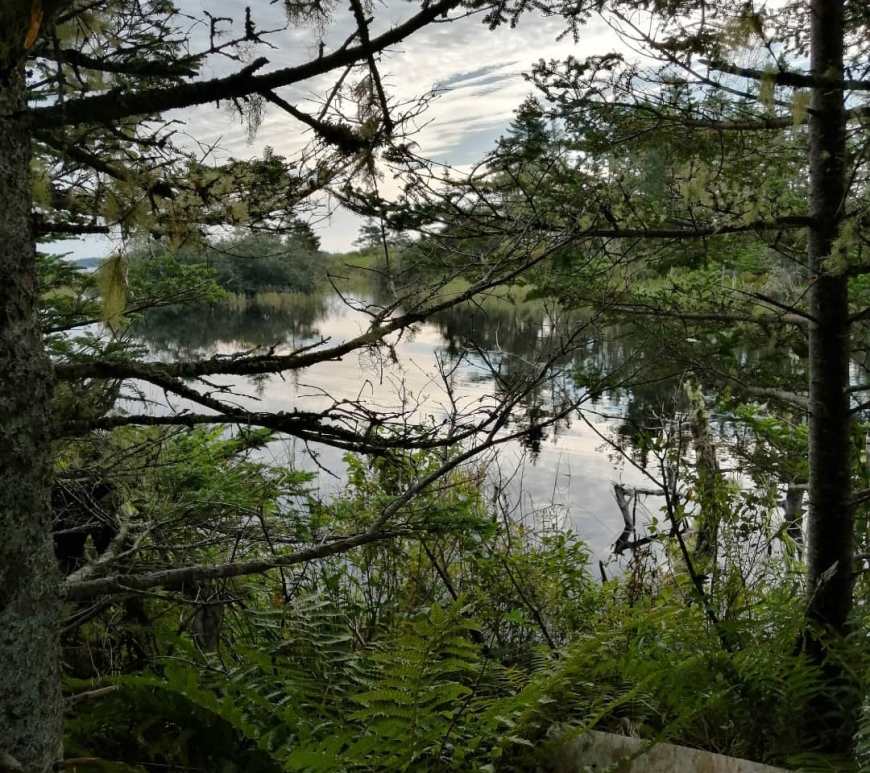
On Losing Power: Reflections on Generational Sadness
I realize, perhaps not unlike my neighbours, the edges of my mind are afraid of the quiet, like the way my body jangles just before a plunge into cold water. As if to enter into that silence will be a shock, a jolt from which any reasonable skin would recoil. If I let myself enter the silence–the way that sometimes, last night for example, I just let myself go to sleep when I lie down, instead of trying to read or to write, to prolong the day, finish my tea, stay unconsciousness just a little bit longer–what will I find there? Continue reading On Losing Power: Reflections on Generational Sadness








